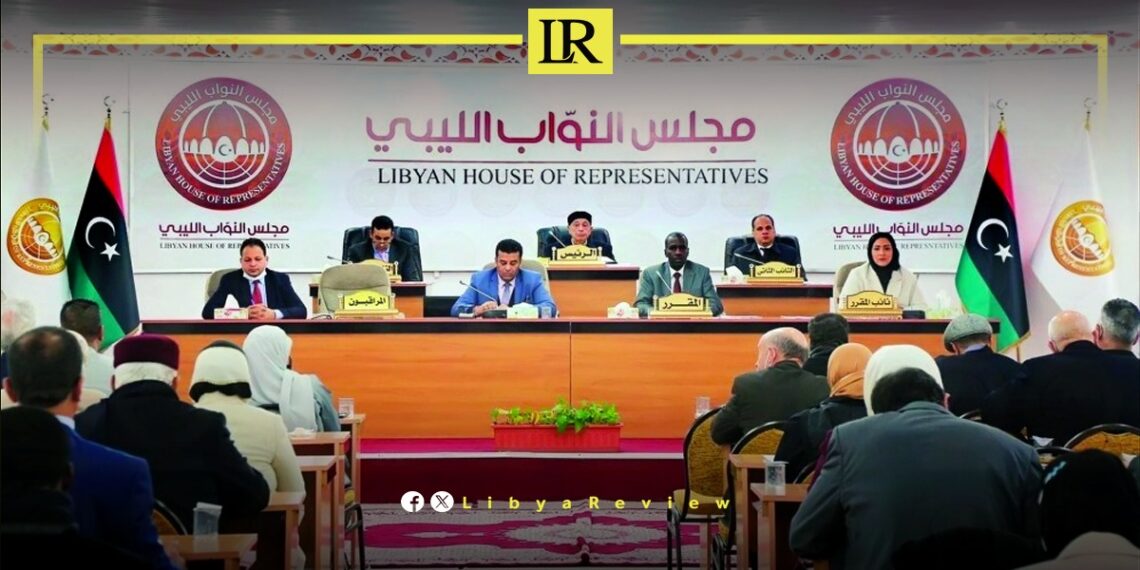On Saturday, the Libyan Parliament announced that it is actively coordinating with the High Council of State (HCS) to select a new national figure to lead a unified government.
This announcement comes amid mounting calls for political change, following massive public protests in Tripoli demanding the resignation of the Government of National Unity (GNU) led by Prime Minister Abdul Hamid Dbaiba.
In a statement, the Parliament affirmed that the ongoing consultations with the High Council aim to ensure that the chosen candidate meets all constitutional and legal criteria, with the intention of launching the new government’s work in the coming days.
The statement reiterated the Parliament’s longstanding position that the GNU lost its legal mandate following a vote of no confidence in 2021. “That government fell three years ago by decision of Parliament, and today it has fallen again, this time by the will of the people,” the statement declared.
The Parliament also issued directives to security forces in Tripoli, urging them not to confront or obstruct peaceful protesters. Instead, it called on them to protect demonstrators and uphold their right to express legitimate demands. Protesters were likewise urged to maintain discipline, avoid destruction of property, and keep demonstrations peaceful.
Thousands of Libyans gathered in Martyrs’ Square in Tripoli on Friday in one of the largest protests in recent years. The demonstrations reflected deep frustration over political stagnation, economic hardship, and the lack of credible elections.
The Parliament concluded its statement by confirming that its members will attend a scheduled session in Benghazi on Monday to continue discussions on the formation of a new government, signaling an intensified effort to end Libya’s prolonged political deadlock and institutional fragmentation.


